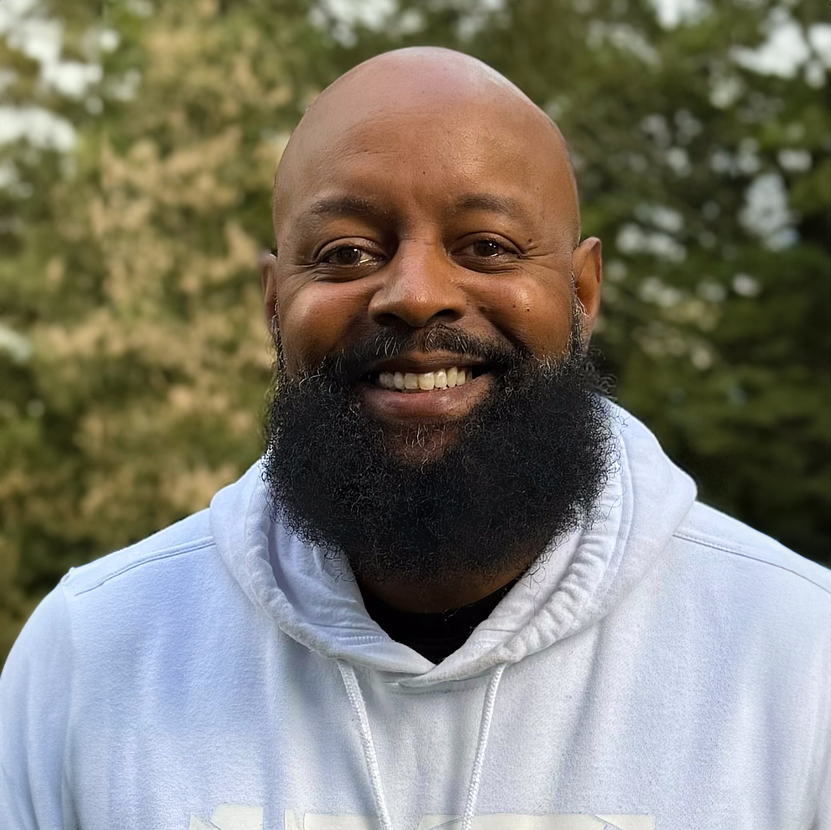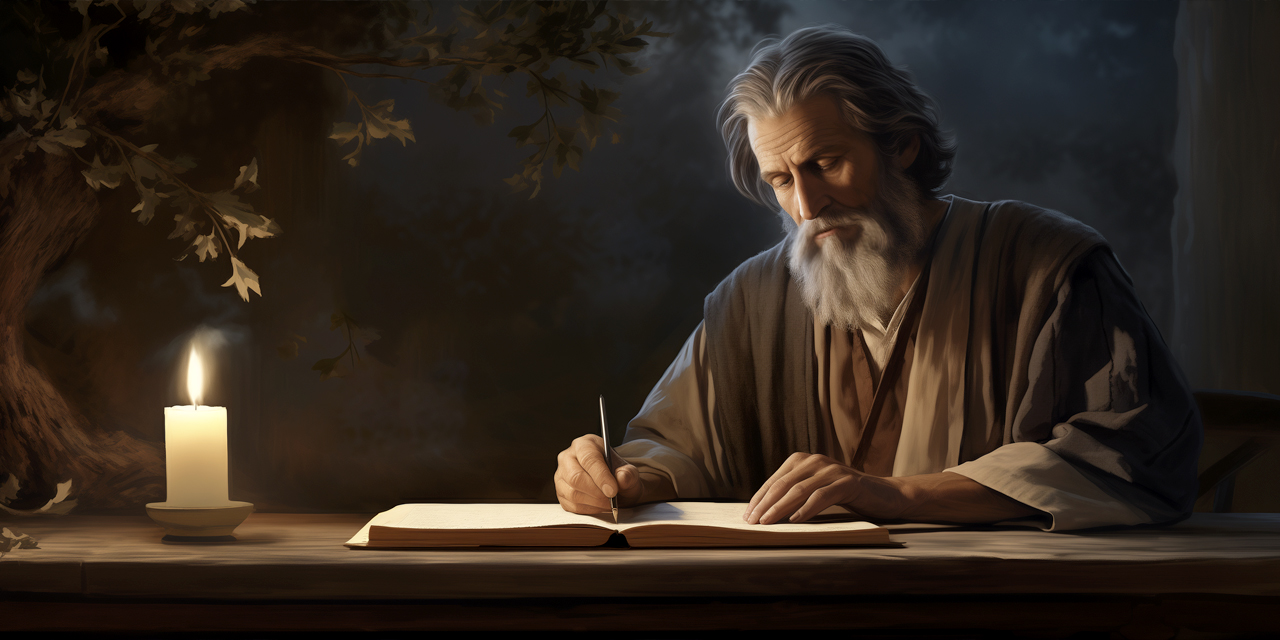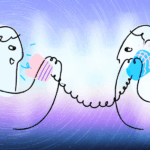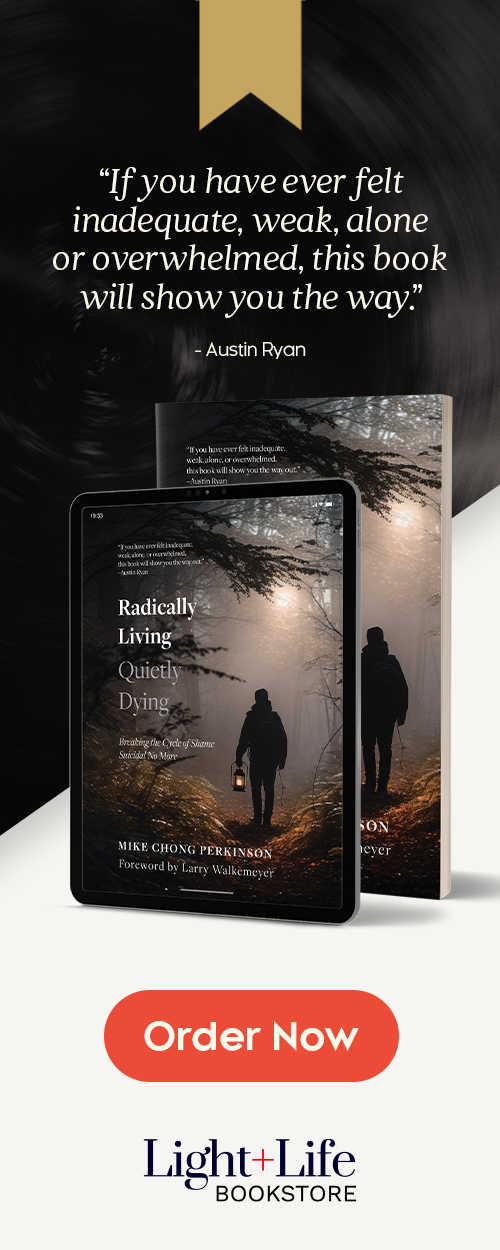By Fred TenEyck
As the father of three children now in adulthood, I’m no stranger to the question, “are we there yet?” Our summer vacations usually involved a long drive to some beach along the Eastern Seaboard or even Disney World, and while I have always appreciated the journey — spending time together without distractions — my kids did not. All that mattered to them was the destination. The vacation for my children didn’t begin the moment we left our home but when we arrived “there.”
We all like to be “there.” We make goals to begin the new year, and when we reflect on those resolutions at the end of the year, there is often this sense of failure if those goals were not accomplished. It’s an all or nothing proposition. Either we’re there or we’re not.
An Audacious Dream
Whenever we approach the celebration of the birthday of pastor and civil rights leader Dr. Martin Luther King Jr., we’re often reminded of his dream shared on a late summer afternoon in 1963 on the steps of the Lincoln Memorial in the nation’s capital. The “I Have A Dream” speech laid out a vision for America where the freedom bells would ring and where people of all races and nationalities would finally be able to declare together that they were “free at last.” This dream imagined a point at which we as a nation arrived “there” as it relates to the goals and aspirations of the Civil Rights Movement. It envisioned a time when there would be a shared reality of freedom, justice and equality.
And it was a bold dream for 1963. Peaceful protesters were brutalized by police officers, and firemen were called upon to hose down protestors peacefully demonstrating for basic human rights. Citizens born and raised in America were brutally murdered for registering to vote, raising concerns over mistreatment or even looking at someone the wrong way. The perpetrators of such barbarous violence often walked away without repercussions and were even hailed as heroes as the defenders of the American way of life.
And with all of this and more plaguing the lives of Black America, Dr. King had a dream. It was a dream so audacious that just a couple days following this speech, the FBI produced a memo calling Dr. King the most dangerous man when it comes to race in America.
We’ve certainly come a long way in America since 1963. I was born in the early 1970s and didn’t grow up dealing with the same levels of normalized racism and hatred that my parents and grandparents experienced. In a general sense, we as a nation frown upon such behaviors. I’ve witnessed people in all sorts of public life face repercussions for engaging in racially offensive rhetoric and behavior. Some call this “cancel culture,” but I would contend that people have always rightly or wrongly paid some price for doing or saying what was not considered “acceptable.” Perhaps you’ve heard of Emmett Till, John F. Kennedy or even Dr. Martin Luther King Jr.
We’ve certainly come a long way haven’t we? But are we there yet?
Nah.
It would be great to boast of getting “there” and accomplishing Dr. King’s dream of freedom, equality and justice, but what would that even look like? There are far more qualified scholars than I who can better answer these questions. I can say what it doesn’t look like though. It doesn’t look like the wealth gap between Black and White Americans looming larger than at any other time in history. It doesn’t look like rates of imprisonment of African Americans nearly five times that of White Americans. It doesn’t look like the huge disparities in education, jobs and access to health care.
_
“To get there, freedom, equality and justice must be the pursuit of every follower of Jesus Christ.”
_
But beyond that, as an African American, I just know we’re not there yet. I experienced it just this past fall when the gas station employee rushed to lock the door as my wife, Aretha, and I exited our car to buy some snacks while driving through Northern California along the Pacific Coast Highway. I watched the videos of the killing of numerous unarmed African Americans over just the past five years. We all should have been horrified by the cry of George Floyd for his momma during those nine and a half minutes with Derek Chauvin’s knee on his neck.
Nah. We aren’t there yet. But that doesn’t mean we’ll never get there.
But to get there, freedom, equality and justice must be the pursuit of every follower of Jesus Christ. This pursuit should be a part of every interaction with God in prayer. It should be on our hearts with every interaction in our communities and in our world. After all, it sits at the core of the commandment of God to love our neighbors. It’s one of the most overseen and undervalued truths in God’s Word. God asks the prophet Isaiah:
“Is not this the kind of fasting I have chosen: to loose the chains of injustice and untie the cords of the yoke, to set the oppressed free and break every yoke? Is it not to share your food with the hungry and to provide the poor wanderer with shelter — when you see the naked, to clothe them, and not to turn away from your own flesh and blood?” (Isaiah 58:6-7)
The dream includes hearing the voices of the victims of injustice who cry out that their lives matter. The dream includes breaking the yoke of poverty that still plagues our nation. The dream includes providing poor wanderers with shelter when they seek refuge across our borders. The dream includes not turning away our own flesh and blood when they identify as anything other than blood-bought, Holy Ghost-filled, fire-baptized believers in Jesus Christ.
Nah. We’re not there yet.
When my kids would first ask “are we there yet?,” it was cute because the question would usually be asked before we made it out of the state where we lived. After a while, it would begin to sound tedious. But inherent in the “are we there yet?” is the next obvious question, “how much longer?” Frankly, I don’t know when we’ll see the dream of Dr. King become a reality. I would like to say that we don’t have much further to go, but I’m afraid that’s a bit above my pay grade.
_
“Together is where love happens. Together is where we can chart a better path forward.”
_
Journeying Together
What I would challenge the church to do is to keep journeying together. Let’s sit in that cramped minivan and keep progressing. We can take turns driving. We can share the deejaying responsibilities. But perhaps it would be better to turn the radio off and spend that travel time engaged in conversation. It might make the ride uncomfortable at times but what a great opportunity to reconcile with an ugly past. We can hear one another’s hearts and pray for one another’s painful experiences. We can pause and take bathroom breaks when it gets too heavy, then get back in the minivan and keep going.
But let me warn you. It’s going to stink in that minivan there after a while. It’s going to take you out of your comfort zone. It’s going to hurt to hear some difficult truths and wrestle with some tragic realities. But if the church can’t create spaces to have difficult conversations, what hope does the rest of the nation have? So let’s journey together.
Together is where love happens. Together is where we can chart a better path forward. When God challenges His people to humble themselves and seek His face in order to find healing for the land, He wasn’t talking to Peter or Leah or Charles. He was talking to them all. This was a community commandment. It has to be done together in unity.
We’re not there yet, but by all means, let’s keep going together.
+

Fred TenEyck is the church planter in residence at Rainier Avenue Church in Seattle and the director of the African Heritage Network. He and his wife, Aretha, are currently planting The Bridge in Kent, Washington. He previously served as the pastor of New Vision Fellowship Church in Forestville, Maryland.
Great Writing + Discipleship Materials
RELATED ARTICLES










